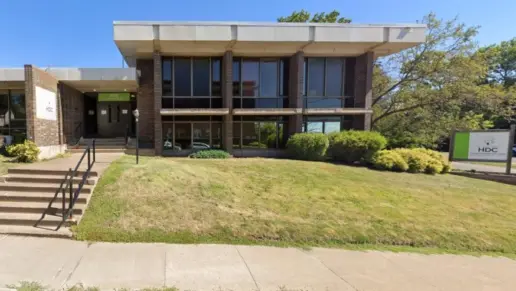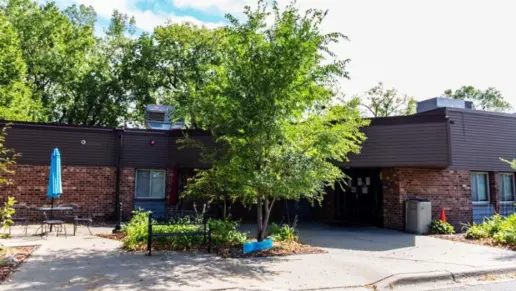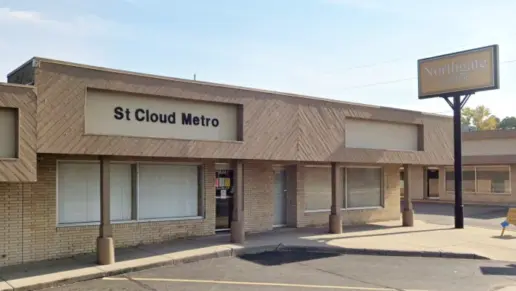Lakeplace offers amazing treatment, plus, the staff and counselors are helpful, friendly and kind. On top of this, the place is just beautiful, so you always feel comfortable. Thank you for helping me to find inner peace.
About Lake Place Retreat Center
Lake Place Retreat Center is set in a wooded, mountainous locale out in Bovey, Minnesota. They offer care for men who have substance use disorders. They feature residential and outpatient programs, with apartments onsite for a convenient sober living as you re-connect with nature.
Their goal is to offer the least costly care in a non-institutional setting. At Lake Place Retreat, you get a continuum of care that comes with a serene environment with peaceful views of the nearby lakes. The team works to help men understand how their substance use affects their lives and relationships. They’ll help you develop the skills to maintain physical and emotional sobriety, health, career satisfaction, and spiritual growth.
You’ll attend a rigorous schedule of group therapy sessions where you can openly express your addiction struggles and challenges with others who understand the unique problems you may face. Individual counseling gives you a private setting to discuss issues you may not want to share with others.
They have lodging services, which include an apartment, a fellowship lodge with wooden paneling and interiors, a retreat, a duplex, and homes. These facilities can enhance your overall experience by giving you a sober setting with comfortable surroundings. You can relax and work on overcoming your addiction issues.
And let’s not forget the amenities! There are fireplaces, TV lounges, and space to socialize. All private rooms have their own bathrooms, and there’s a full size kitchen, too. There’s a central auditorium for presentations. When outdoors, you can join in volleyball games, enjoy nature, or just decompress on your own time.
To help you find balance, they also offer family retreats that resemble seaside getaways. This service includes recreational activities and events for guests to enjoy sober fun and unwind. You’ll find a caring staff and a home-like environment where everyone gets treated with dignity, respect, and compassion. The anxiety you may have with starting the program may quickly disappear as you spend time with this recovering, supportive community.
They try to make the treatment cost-effective for each guest. Any additional services are offered at no extra cost to you.
Rehab Score
Gallery
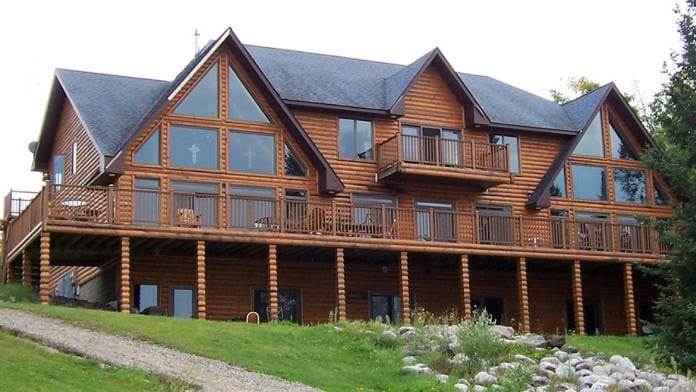
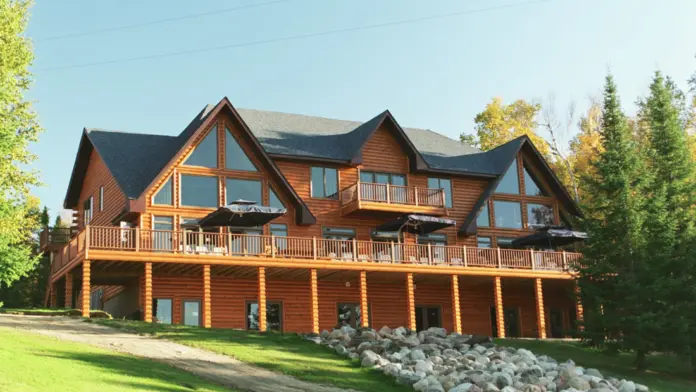
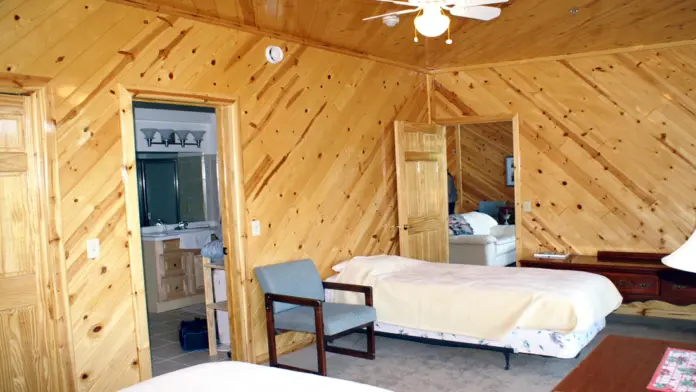
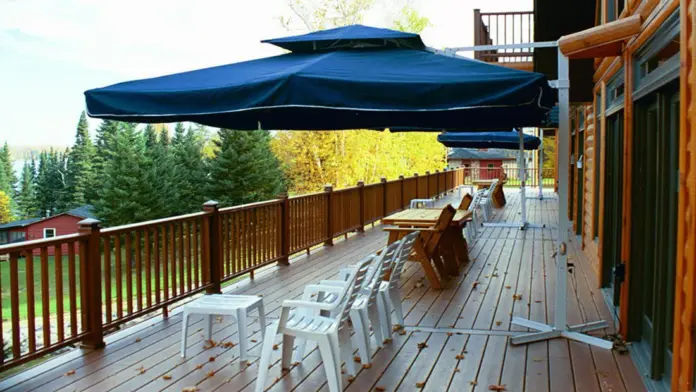
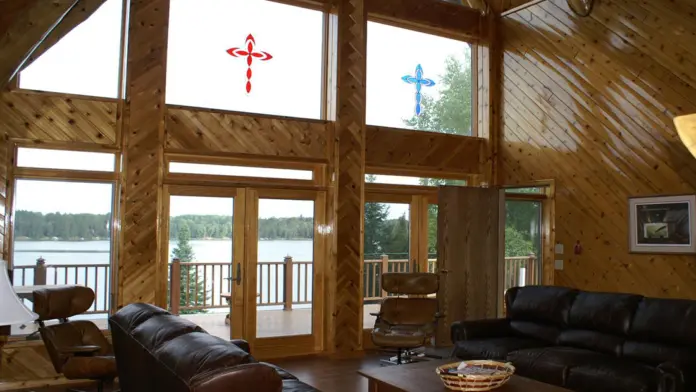
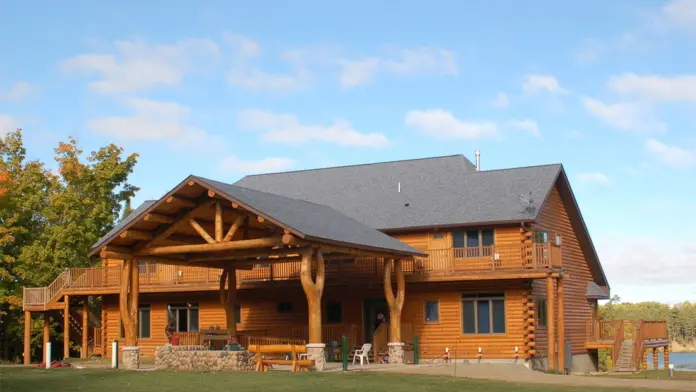
Location
Other Forms of Payment
Private insurance refers to any kind of healthcare coverage that isn't from the state or federal government. This includes individual and family plans offered by an employer or purchased from the Insurance Marketplace. Every plan will have different requirements and out of pocket costs so be sure to get the full details before you start treatment.
Self-pay involves paying for treatment out of your own pocket. You can use savings or credit, get a personal loan, or receive help from family and friends to fund your treatment. If you don't have insurance or your insurance plan doesn't cover a specific program, self-pay can help ensure you still get the care you need.
Financial aid can take many forms. Centers may have grants or scholarships available to clients who meet eligibility requirements. Programs that receive SAMHSA grants may have financial aid available for those who need treatment as well. Grants and scholarships can help you pai for treatment without having to repay.
Medicaid is a state based program that helps lower-income individuals and families pay for healthcare. Medicaid covers addiction treatment so those enrolled can use their coverage to pay for rehab. When a program accepts Medicaid the client often pays very little or nothing out of their own pocket.
Military members, veterans, and eligible dependents have access to specific insurance programs that help them get the care they need. TRICARE and VA insurance can help you access low cost or no cost addiction and mental health treatment. Programs that accept military insurance often have targeted treatment focused on the unique challenges military members, veterans, and their families face.
Addiction Treatments
Levels of Care
Treatments
The goal of treatment for alcoholism is abstinence. Those with poor social support, poor motivation, or psychiatric disorders tend to relapse within a few years of treatment. For these people, success is measured by longer periods of abstinence, reduced use of alcohol, better health, and improved social functioning. Recovery and Maintenance are usually based on 12 step programs and AA meetings.
Drug addiction is defined as an inability to stop using drugs even though it causes negative consequences in your life. Drug rehab in Minnesota provides treatment for drug addiction in a variety of settings including inpatient treatment and outpatient treatment.
Opioid rehabs specialize in supporting those recovering from opioid addiction. They treat those suffering from addiction to illegal opioids like heroin, as well as prescription drugs like oxycodone. These centers typically combine both physical as well as mental and emotional support to help stop addiction. Physical support often includes medical detox and subsequent medical support (including medication), and mental support includes in-depth therapy to address the underlying causes of addiction.
Substance rehabs focus on helping individuals recover from substance abuse, including alcohol and drug addiction (both illegal and prescription drugs). They often include the opportunity to engage in both individual as well as group therapy.
Programs



Clinical Services
Group therapy is any therapeutic work that happens in a group (not one-on-one). There are a number of different group therapy modalities, including support groups, experiential therapy, psycho-education, and more. Group therapy involves treatment as well as processing interaction between group members.
Trauma therapy addresses traumatic incidents from a client's past that are likely affecting their present-day experience. Trauma is often one of the primary triggers and potential causes of addiction, and can stem from child sexual abuse, domestic violence, having a parent with a mental illness, losing one or both parents at a young age, teenage or adult sexual assault, or any number of other factors. The purpose of trauma therapy is to allow a patient to process trauma and move through and past it, with the help of trained and compassionate mental health professionals.
Qualified therapists in Minnesota offer individual therapy to men and women so they can receive customized care tailored to their needs. Your therapist works to understand your unique circumstances and provide you with targeted interventions and coping skills essential for long term recovery.
Therapists often use cognitive behavioral therapy in Minnesota to treat substance use disorders because it can help clients quickly identify challenges and ways to cope with them. Its structured, specific methods require fewer sessions than other types of therapy.
Dialectical behavior therapy focuses on four skills: emotional regulation, mindfulness, acceptance and distress tolerance, and interpersonal effectiveness. Treatment involves individual sessions, as well as group sessions where you can start applying the skills you learn.
When conducting motivational interviewing in Minnesota, the interviewer encourages clients to discuss their reasons for making changes and their need for change in their lives. The interviewer's role is to listen and reflect, to evoke conversation about commitment to change.
Accreditations

State Licenses are permits issued by government agencies that allow rehab organizations to conduct business legally within a certain geographical area. Typically, the kind of program a rehab facility offers, along with its physical location, determines which licenses are required to operate legally.
State License: Minnesota
Contact Information
25704 County Road 338
Bovey MN, 55709
